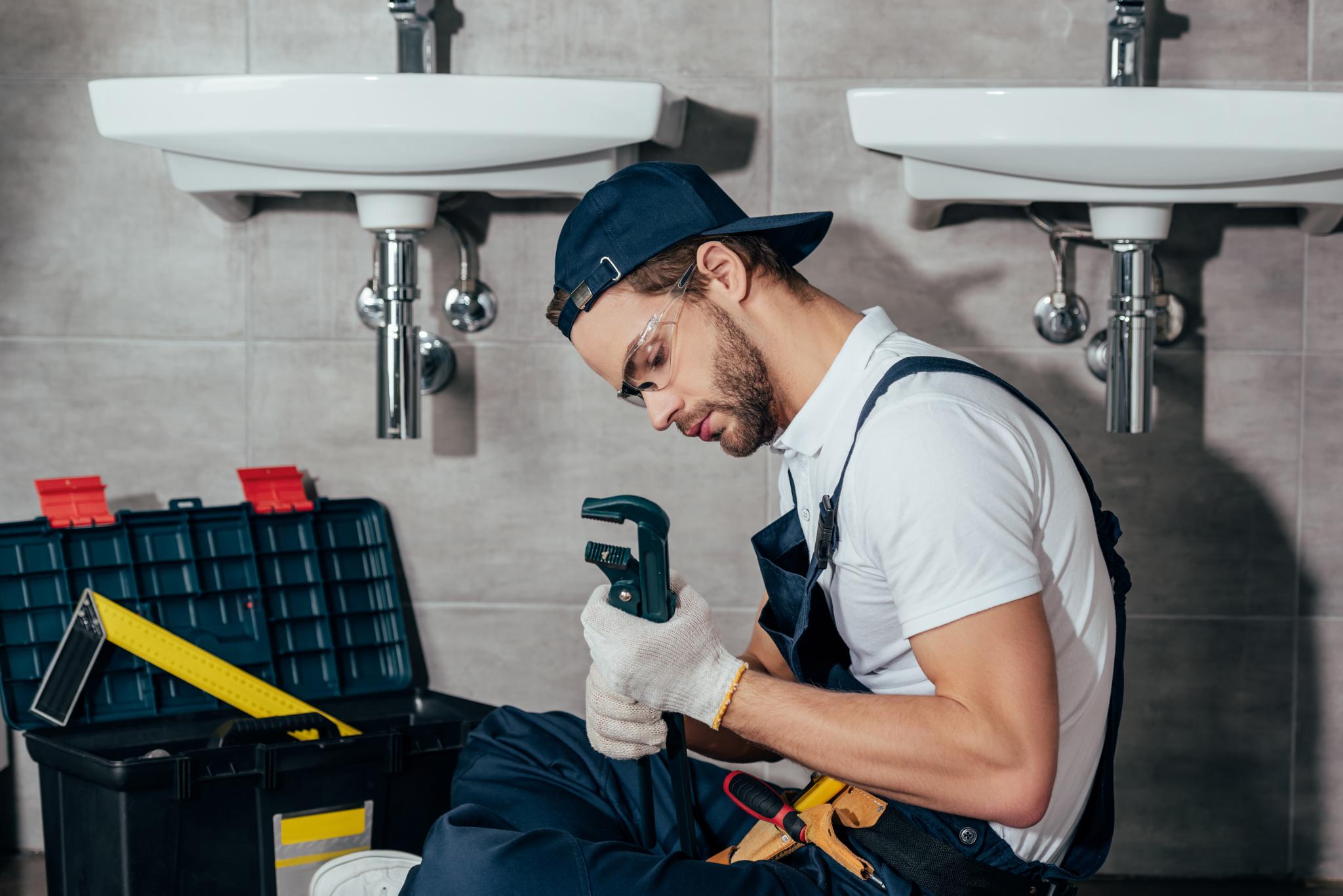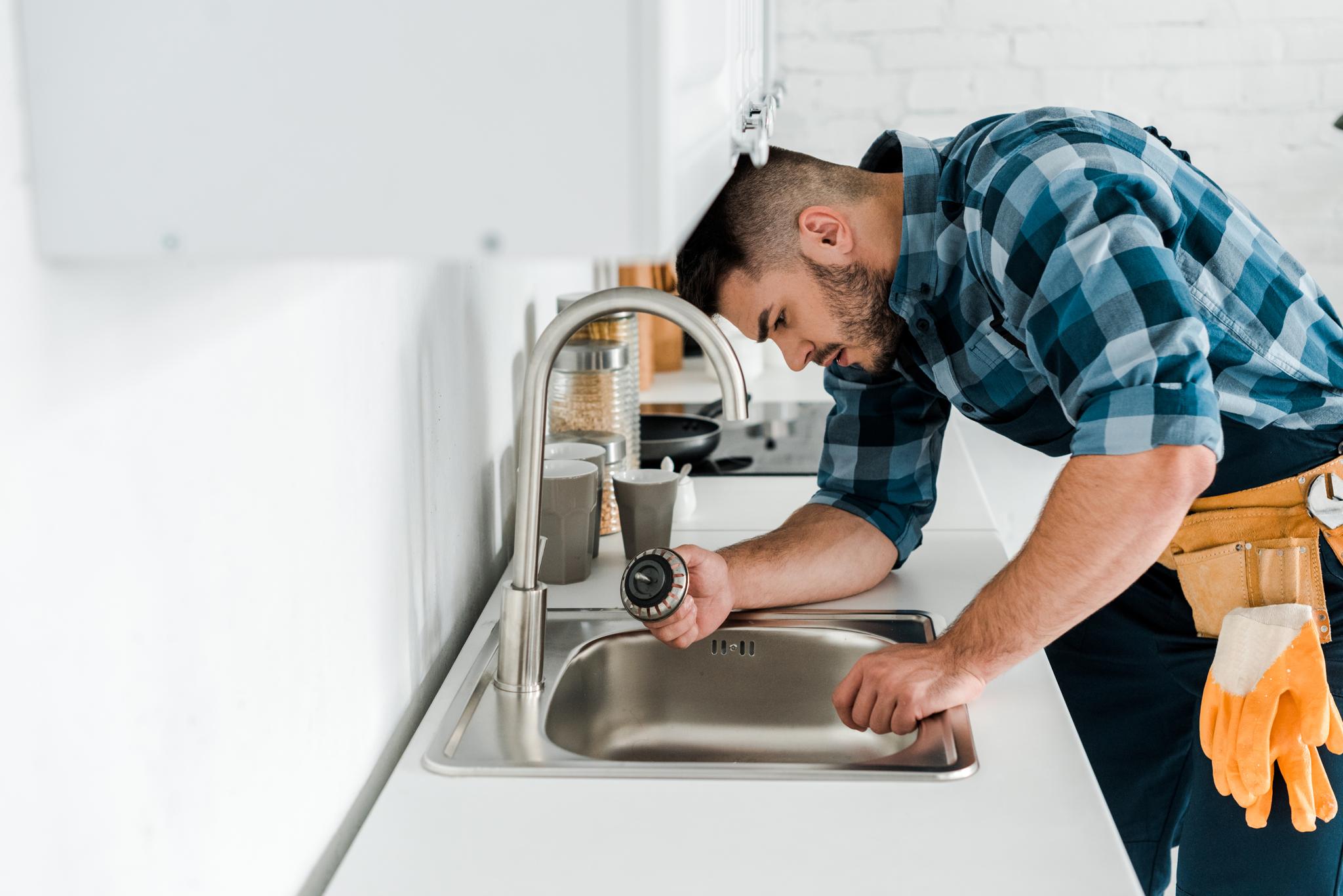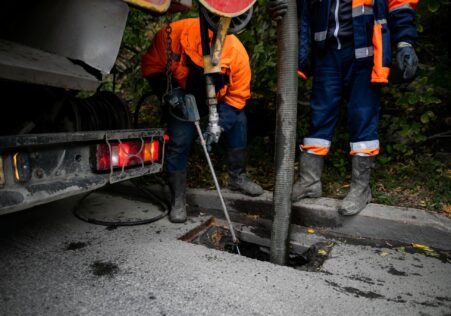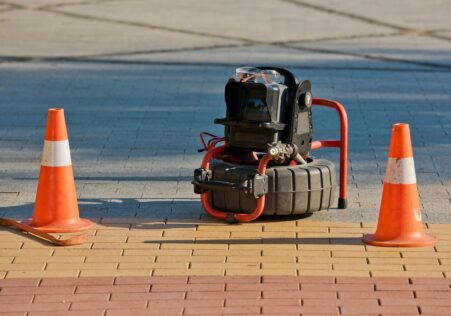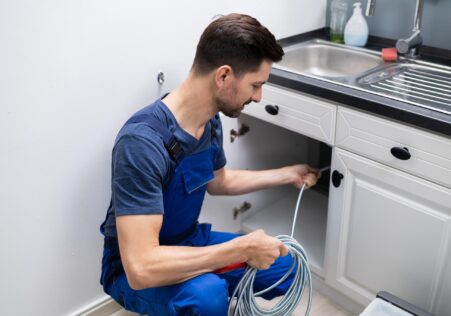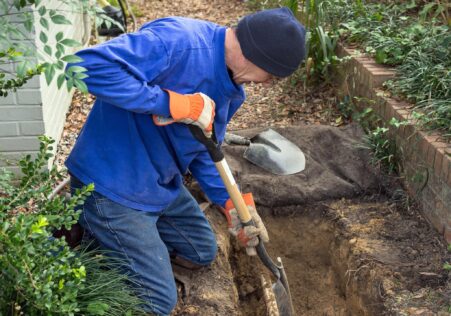How to Keep Your Drains Clean and Prevent Future Blockages
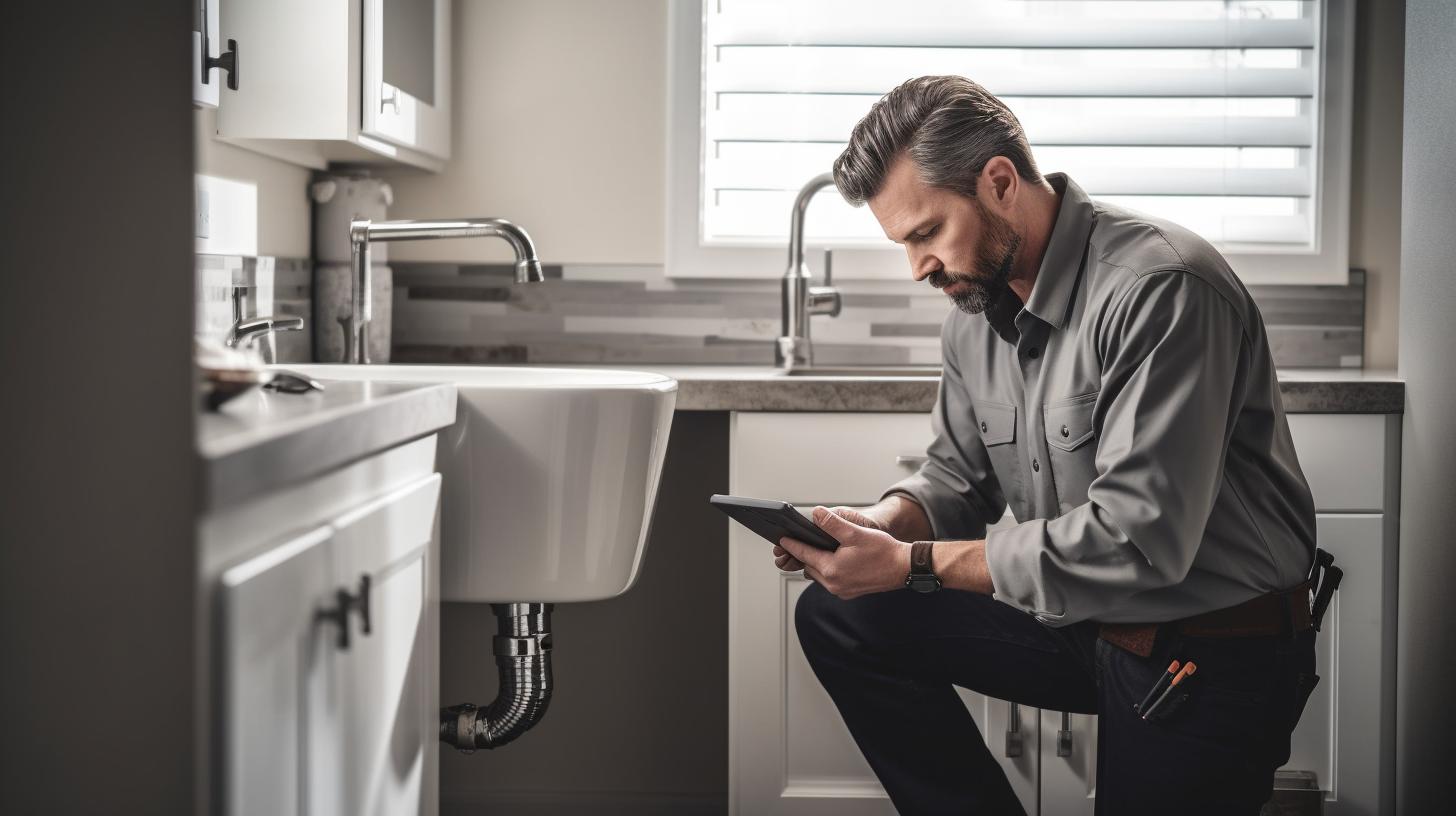
Are you fed up of dealing with clogged drains at home or in the office? Do you want to learn ways to prevent further blockages and ensure that your drains are clean? This article we will talk about some tricks and tips to ensure healthy drains. We will also provide reasons why it’s crucial to hire experts like Adelaide Blocked Drains Plumbing for the job.
Key Takeaways
- Common causes for blockages to drains include soap scum and hair accumulation, food waste stuck to grease buildup, toiletries flushed into the toilet, such as baby wipes, feminine hygiene products, cotton swabs or floss, and tree roots growing into pipes outside the house.
- Install a strainer, or hair catcher over the drain opening to prevent food waste or hair from running down the drain.
- Be sure you properly dispose of your kitchen trash by scraping food scraps into a compost bin or trash bag, instead of flushing them down the drain.
- Perform regularly scheduled maintenance cleansing by pouring boiling water slowly into your shower, sink or tub drains, at least once a week when they’re relatively free of debris.
- Mix equal amounts of baking soda and vinegar. Then pour it into the drain opening to provide an easy method to remove the grease buildup forming on sewer pipe walls that causes obstructions. For 30 minutes, wait and pour hot water into the drain.
- Call Adelaide Blocked Drains Plumbing for help with regular maintenance of the septic tank, sewer system or pipes outside of the home to ensure that they function effectively and efficiently.
- Do not use drain cleaners that contain chemicals because they can cause damage to your pipes over time and affect the environment.
- Do not flush non-decomposable objects such as cotton swabs, cotton towels, dental floss or feminine hygiene products into your toilet since this can cause expensive repairs to the sewers and septic tanks.
- Pay attention to unusual smells coming from drains. Pay attention to slow drainage, gurgling sounds or any other unusual activity that might indicate a clogged drain that needs to be addressed immediately.
Common Reasons for Drain Blockages
Before we begin to discuss the dos and don’ts, it’s important to know the reasons behind drain blockages in the first place. Here are some of the most common causes:
- Hair and soap scum buildup in the bathroom drains
- Food waste sticking on grease accumulation in kitchen drains
- Toiletries flushed down the toilet such as baby wipes, toothpaste, feminine hygiene supplies or cotton swabs
- Tree roots growing into pipes in the exterior of the house
These elements can cause severe damage in the future if they are ignored. However, there are ways to tackle each of them and ensure your drains run without a hitch.
Dos
1. Use a strainer or hair catcher
A hair strainer or hair catcher is a perfect fit over your drain opening and prevents food waste and hair from draining. Make sure you clean them on a regular basis.
2. Dispose of your kitchen waste
Food scraps can be tossed into your compost bin or trash bag, rather than flushing them in the drain. Rinse dishes using hot water before washing.
3. Do regular maintenance cleaning
Each week, run boiling water in a slow stream down your bathtub, shower or bathtub drains once they’re fairly clear. This will stop substance accumulation from blocking the drain completely.
4. Make use of baking soda and vinegar.
Mix equal amounts of baking soda with vinegar (usually half a cup each) and slowly put it into the drain opening to provide an organic method of getting rid of the accumulation on the walls of sewer pipes that can cause blockages. After 30 minutes, pour hot water into the drain.
5. Call a professional
Hire a professional plumber such as Adelaide Blocked Drains Plumbing to perform regular maintenance of septic tanks, sewer systems, or pipes that are outside the home to be sure they are working properly and effectively.
Don’ts
1. Do not use drain cleaners that contain chemicals.
Chemical drain cleaners can cause harm to your pipes over time, and can also harm the environment. They can also pose dangers when combined with other cleaning products.
2. Do not flush items that aren’t decomposable down the drain.
Avoid flushing non-decomposable items into your toilet such as cotton swabs, paper towels or dental floss, as well as feminine hygiene products because they won’t dissolve naturally, and could instead result in costly repairs to sewers or septic tanks.
3. Don’t overlook warnings
If you are noticing unusual scents coming from drains the sound of gurgling, slow drainage or any other unusual activity It could be an indication of a clogged drain which needs immediate attention.
| Do’s | Don’ts |
|---|---|
| Use a strainer or hair catcher | Use chemical drain cleaners |
| Properly dispose of kitchen waste | Flush non-decomposable items down the toilet |
| Perform regular maintenance cleaning | Ignore warning signs |
| Use baking soda and vinegar | |
| Call a professional like Adelaide Blocked Drains Plumbing for help |
Common Questions & Answers
When should I clean my drains?
It is suggested that you clean your drains every six months to a full year. However, if you notice a slow draining or smells of foulness emanating from your pipes, you should try to act as fast as you can.
Which are the best DIY ways to clean my drains?
There are many alternatives to try at home like pouring boiling water down the drain, using baking soda and vinegar or using a plunger. But, be careful with what materials and substances you put down your drain and avoid anything that could cause damage or harm to the plumbing system.
Can I prevent future obstructions in my drains?
Regular maintenance of your plumbing system can aid in preventing future blockages. Avoid flushing foreign objects down the drain, regularly scrub hair off of shower drains, and use the sink strainer to collect food waste before it goes down the drain.
When should I call a professional plumber?
If you’ve tried DIY methods but still experience slow-moving drains or blockages it’s suggested to call a professional plumber for an additional assessment because there could be an underlying issue that needs to be resolved.
My drains continue to get clogged, could this be a sign of a larger issue?
Repeatedly clogged drains may indicate more serious problems, like tree roots infiltrating the pipes or collapsed pipes in the plumbing system. In these cases, it’s best to contact an experienced plumber such as Adelaide Blocked Drains Plumbing who can assess the problem and suggest the best course of action.
In the end, maintaining healthy drains is a must for any home or office. Use these guidelines now to avoid future blockages and to ensure your drains flow freely. Keep in mind that professional help is only one phone call away. For more information on our plumbing services including unblocking blocked drains CCTV drain inspection pipe relining and general plumbing maintenance call Adelaide Blocked Drains Plumbing at # ###-###-#### or visit our website to find out more information. [(click here)] (https: //www. example.com/)
Additional Information
- The Importance of Professional Drain Cleaning for Your Family's Health and Safety
- DIY Tips for Unclogging Your Shower Drain Without Harsh Chemicals
- A Quick and Easy Fix for Blocked Sinks and Showers
- CCTV Drain Inspections: Why They are Crucial in Detecting Drain Blockages
- Pipe Relining: A Smart Investment for Your Property
- How to Choose between Different Types of Pipe Relining Materials (And Which One Is Right for You)
- The Future of Plumbing: Advances in CCTV Drain Inspection Technology
- Resolve Your Sewer Problems Without Spending A Lot: Pipe Relining
- Discover the optimal plumber for your backed up drain emergency
- The Dangers of Neglecting a Blocked Drain and What You Should Do


